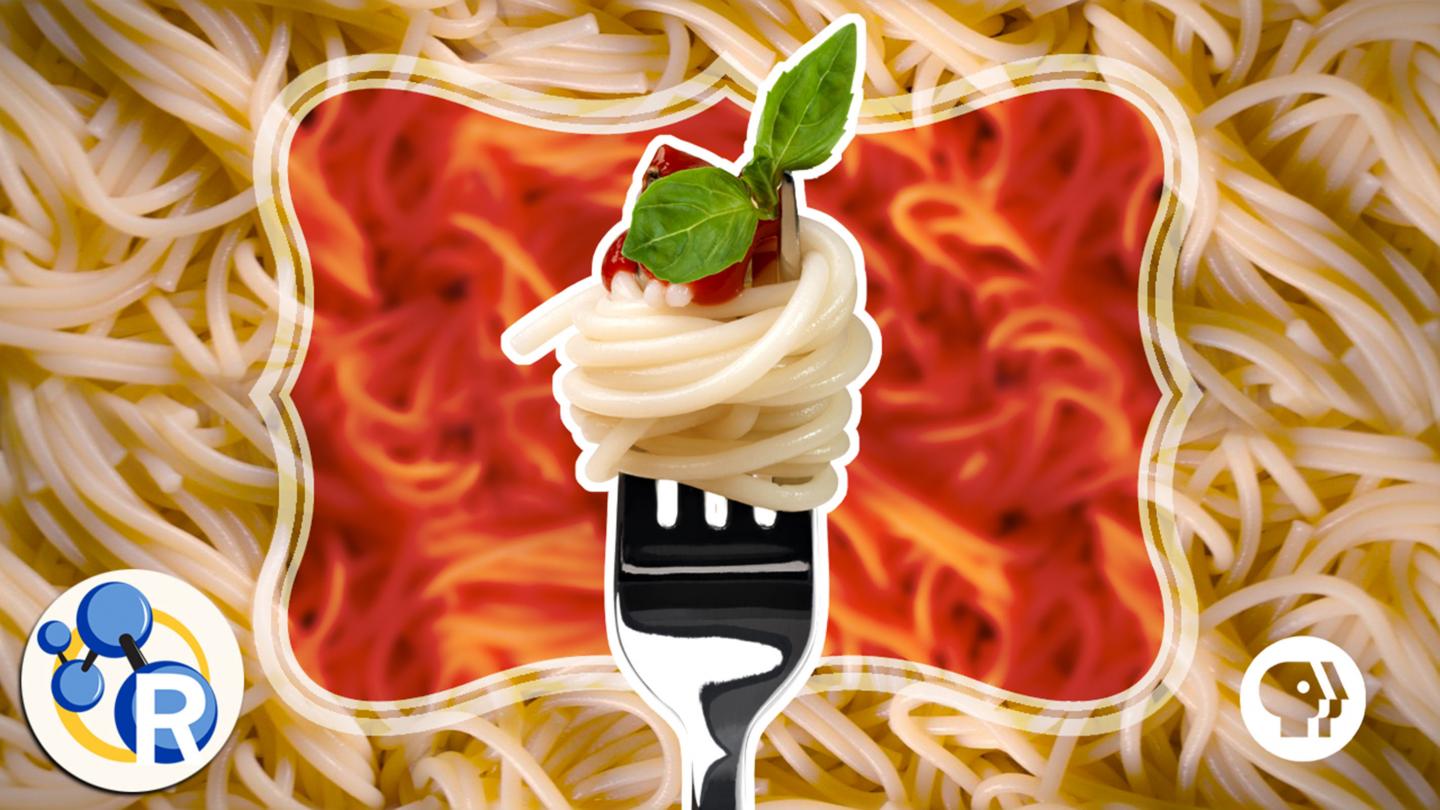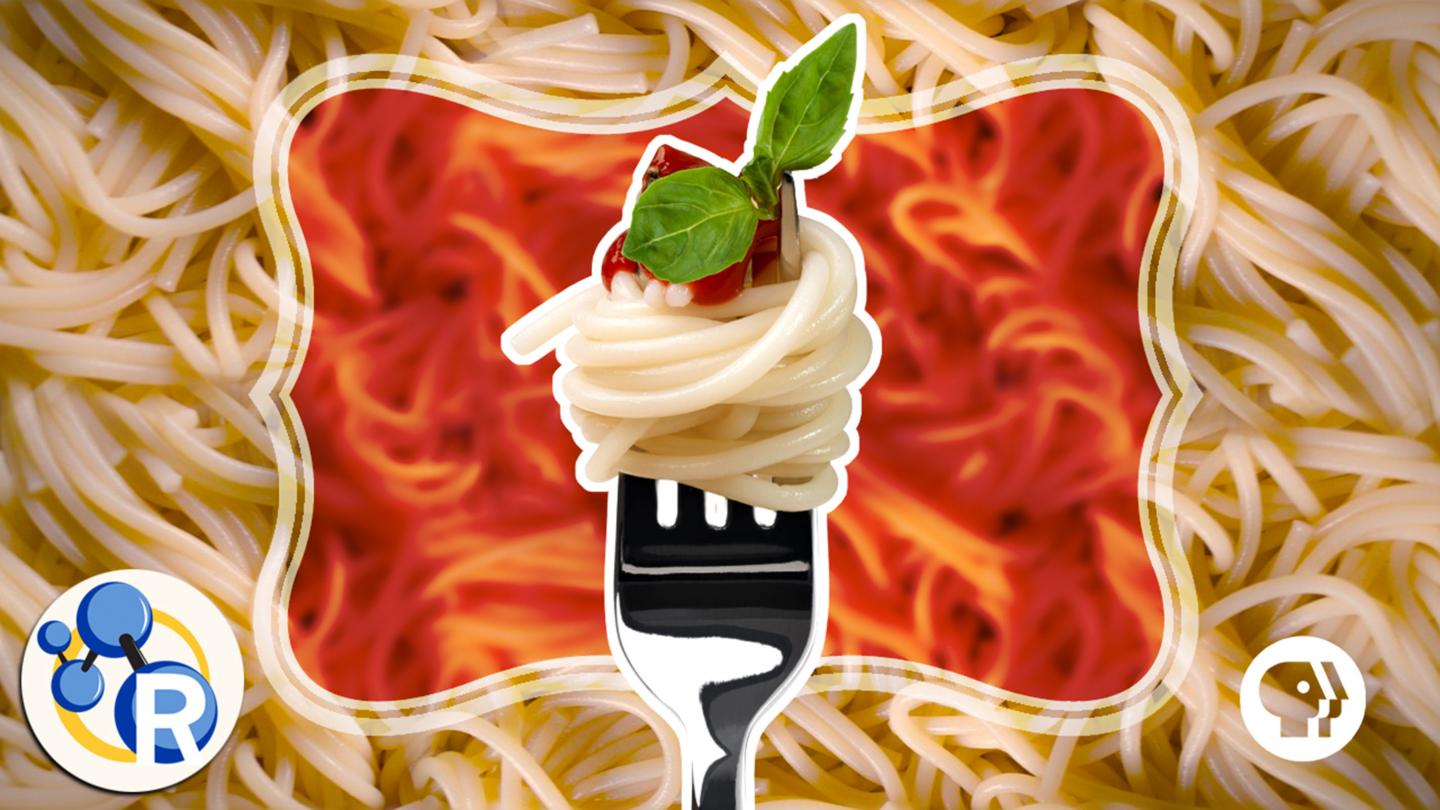
Credit: The American Chemical Society
WASHINGTON, March 21, 2017 — Pasta noodles contain only three ingredients: eggs, water and flour. But how can you achieve a tasty result every time? Cooking pasta chemically changes how the proteins and starches interact, making the noodles sticky and springy. Therefore, what you do — or don't do — to the cooking water can change the edible result. This video serves up four food-chemistry informed pasta pro-tips so you can serve up delectable al dente pasta instead of an unappetizing ball of overcooked noodles. Watch the latest Speaking of Chemistry video here: https://youtu.be/gSOnxUBJs8A.
###
Reactions is a video series produced by the American Chemical Society and PBS Digital Studios. Subscribe to the series at http://bit.ly/ACSReactions, and follow us on Twitter @ACSreactions to be the first to see our latest videos.
The American Chemical Society is a nonprofit organization chartered by the U.S. Congress. With nearly 157,000 members, ACS is the world's largest scientific society and a global leader in providing access to chemistry-related research through its multiple databases, peer-reviewed journals and scientific conferences. The American Chemical Society does not conduct research, but publishes and publicizes peer-reviewed scientific studies. Its main offices are in Washington, D.C., and Columbus, Ohio.
To automatically receive news releases from the American Chemical Society, contact [email protected]">[email protected].
Follow us: Twitter Facebook
Media Contact
Katie Cottingham
[email protected]
301-775-8455
@ACSpressroom
http://www.acs.org
############
Story Source: Materials provided by Scienmag





